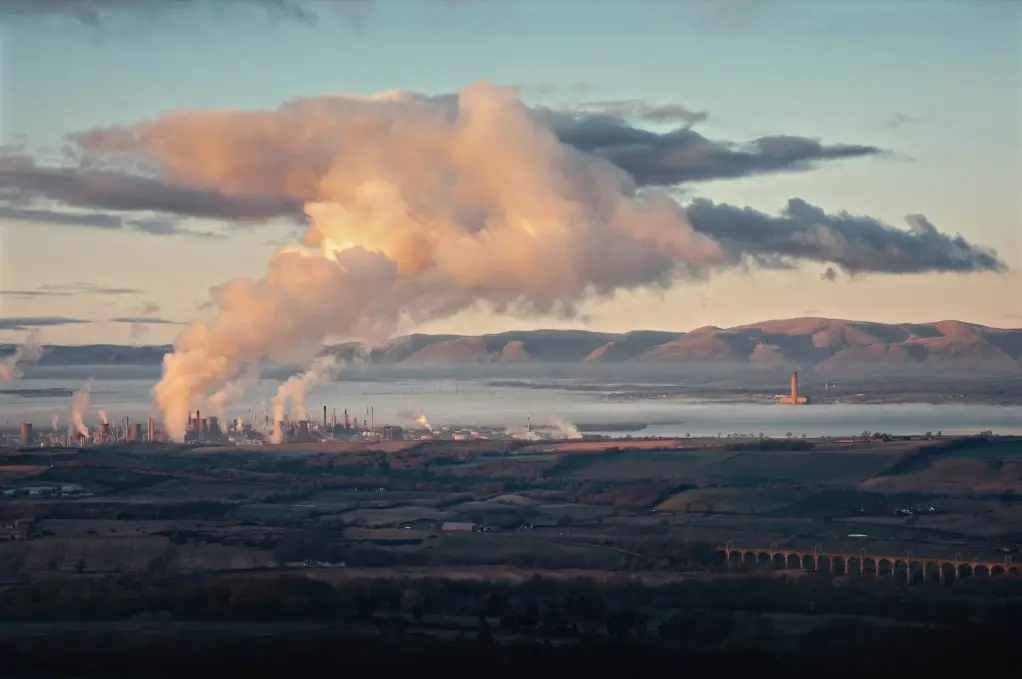If there is something that has long defined humanity, we can imagine, recreate, and build future horizons. However, in the face of the triple planetary crisis—pollution, climate change, and biodiversity loss—our capacity to imagine collective responses and actions has been dwindling, at least from the high-level international and intergovernmental spheres, where top-down governance is increasingly hitting its limits.
In Latin America, the bottom-up approach yields a different picture. There is a diversity of proposals and experiences that directly challenge the polycrisis we face as a global society. Perhaps now is the time to seriously consider local, territory-based approaches that are not only environmentally sustainable but also socially just. Only then will we truly be able to generate the necessary transformations to address the multiple crises.
The great paradoxes of the Anthropocene
Over the past century, and especially in recent decades, humanity has achieved unprecedented levels of scientific, technological, and social development in areas like health, education, and the environment. One example is the global response to the COVID-19 pandemic, which marked a turning point in emergency public management by intergovernmental bodies, working alongside scientific and political systems. It not only highlighted the threats of climate change but also showed that collective action in times of emergency is indeed possible.
The pandemic also exposed the dark side of technological and social advances: a capitalist development model fundamentally based on the reckless exploitation of nature, which now threatens life on Earth.
The scale of global transformation has been so profound that some scientists have proposed naming our current era the Anthropocene, to emphasize that humans have become a dominant and irreversible force of change.
While there is still no scientific consensus on renaming this epoch, the Anthropocene provides a powerful lens through which to reflect on the paradoxes of the climate and environmental crises. It also opens the door to reimagining possibilities in these times of multiple crises—and to building shared, more just, and less destructive horizons for life on the planet.
The paradoxes of the Anthropocene are also the paradoxes of the environmental crisis. The first lies in the very name “Anthropos.” Are all human beings equally responsible for the current crisis, or do we need clear criteria to understand how we got here? As a concept, the Anthropocene has limitations, as it tends to blur responsibility—making it harder to identify and implement effective strategies. If everyone is responsible, then no one is.
The second paradox is our vulnerability as humans, contrasted with our supposed omnipotence in planetary control. COVID-19 once again showed our fragility. A zoonotic virus swiftly affected the global population, unleashing an unprecedented pandemic and shaking the foundations of our global social, economic, and political systems. The flip side of this vulnerability is the long-standing belief in human omnipotence over nature—a belief that through science and technology, humanity can transform, control, and domesticate the natural world.
The third paradox of the Anthropocene is the existential risk we now face. We are witnessing the highest frequency of extreme events, heatwaves, wildfires, and floods, as a result of climate change. This is just one piece of a larger puzzle that produces cascading effects of increasing and unequal vulnerabilities worldwide.
In this context, why not view the idea of the Anthropocene as an opportunity for emancipation—through the construction of a new planetary consciousness grounded in local realities, in social relationships, and in the systems of care built from within territories? Perhaps one way to start is by connecting the Anthropocene with local transformational experiences already taking place, which are making the world more livable. This could be our opportunity to be bold and reimagine social, ethical, and technological transformations that give rise to renewed, more sustainable, just, and democratic ways of life.
Climate action from the ground up
The search for this collective horizon, grounded in imagination from bottom-up is not just a conceptual idea—it involves concrete, often overlooked practices that carve out new pathways from local and territorial perspectives. You don’t have to look far: Latin America offers a rich diversity of emancipatory proposals and actions, in both rural and urban contexts. Through its capacity for resistance, reinvention, and reimagining collective futures, the region becomes a wellspring of diverse alternatives that challenge how we live in the Anthropocene.
One of the most powerful yet least visible urban experiences is the work of waste picker cooperatives across the region. These cooperatives and their members play a key role in making cities more sustainable. Waste separation, collection, sorting, and the recovery of recyclable materials are everyday practices that not only help protect the environment but also sustain popular, community-based, and solidarity economies. Far from being mere waste managers, urban recyclers re-signify what the city discards—turning waste into a resource within the circular economy, giving new life to materials that would otherwise pollute oceans or end up in massive landfills.
What do we do with our waste? Do we know where it goes? Does separating it at the source make a difference? These are some of the questions we must ask to foster the necessary connections. Greater awareness of these processes could be key to expanding our imagination, demanding public policies, and creating better conditions to support local initiatives.
Another way to connect with the Anthropocene is through food production. Where does the food we eat come from? Who produces it? How does it travel to our tables?
According to FAO data, 70% of the world’s food production comes from family farming. It is diverse, resilient, and capable of addressing social, economic, and environmental needs in the face of climate change. Despite having limited access to land ownership, small-scale agriculture is vital to food security. However, an integrated approach to the food system must also include healthier diets, reduced food waste, and stronger support for agro-ecological and peasant-indigenous production.
These experiences demonstrate how imagination from the bottom-up does not wait for grand technocratic solutions—it acts through daily life, transforming the present with creativity, commitment, and resilience. In times of polycrisis, it is essential to recognize and make visible the actions already happening in our communities. Food production and inclusive recycling practices remind us that the paths to sustainability and climate justice can—and must—be built from the local level, from the margins, and from those who have historically been rendered invisible.
Ultimately, if we want to take the Anthropocene seriously, we must open a dialogue between top-down imagination and bottom-up practices. We need to build inclusive alliances that can turn crisis into opportunity. Let us tap into the imagination already alive in our region to turn chaos into a horizon of change.
This article is part of the collaboration between the Organization of Ibero-American States for Education, Science, and Culture (OEI) and Latinoamérica21 to promote the platform “Voices of Ibero-American Women.” Learn more and join the platform HERE.
*Machine translation proofread by Janaína da Silva












